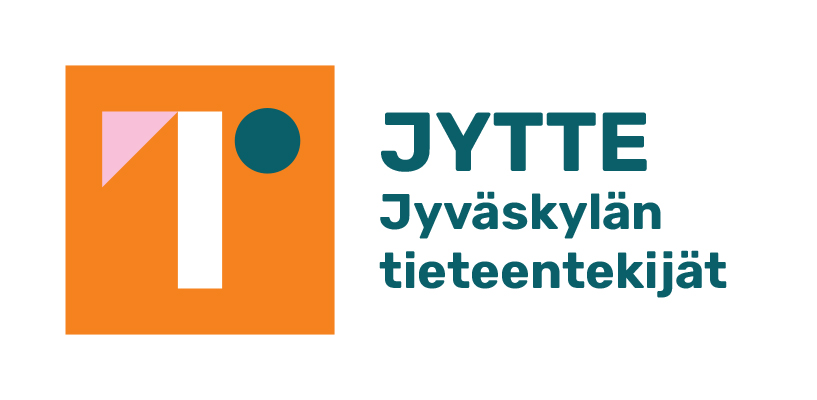The rapid shift to remote work has demanded significant efforts from researchers and teachers – and their leaders. Which leadership perspectives are emphasized by remote work? How to lead an academic expert community during the pandemic? Head of department Mika Lähteenmäki sheds light on key observations and experiences regarding leadership in the midst of change and uncertainty.
One morning towards the end of March, having at that point worked from home for a couple of weeks, I stumbled upon an article for which business executives were asked how working from home had affected the practicalities of management and leadership. The executives considered the new situation to demand more micromanagement and control. This, they said, is the only way to ensure that employees continue to do what they are supposed to do, even when they are staying at home.
What does this tell us about the views held by people on the executive level? And what kind of a message is conveyed to their staff? Probably that employees are, in principle, lazy and try to avoid doing their job unless they are under constant supervision. How motivating!
Rapid but successful shift demanded a heavy workload
The article helped us to look at the work done at the university from an entirely new perspective. When the pandemic imposed the remote mode on both our employees and our students, the everyday life and ways of working changed in one fell swoop. Between the third and the fourth period, the teaching staff had exactly a week to go digital and to learn how to use the tools needed for online teaching. At the same time, people often had to play the role of home teacher and catering manager as basic education also moved online.
Despite all this, we were able to offer teaching of high pedagogical quality and successfully continue research. However, this was not enabled by increased micromanagement and control but rather by the lack of it. My main worries as a head of department were that employees would forget to look after themselves and let the heavy workloads wear them down.
It never even crossed my mind to worry about things not getting done. I have felt nothing but admiration for the level of commitment and motivation of my colleagues.
Scientific education prepares for change
The corona spring and autumn have shown what the much talked about special nature of the expert community means in practice. We have been able successfully to adapt our operations to a rapidly changing environment and even to create new modes of operation that are better than the old ones. This shows that the resilience and performance of an organisation is built on qualities that are at the very core of the type of expertise acquired through scientific education. These include the ability to identify and solve a problem, to differentiate the essential from the irrelevant, and to seek information and use it for problem-solving.
Self-direction and the collegial nature of expertise should also be added to the list. Self-direction refers to the skills based on expertise and the courage to take responsibility for resolving issues. The collegial nature refers to the way employees actively share their knowledge at the workplace, which means that the available knowledge capital is constantly growing.
For example, the teaching staff at the Department of Language and Communication Studies started a Facebook group and a Teachers’ Chat Room where anyone could get help from their colleagues with solving problems related to online teaching. This certainly did not require micromanagement.
Trust and encouragement over micromanagement
Experiences of the Corona time have enhanced my understanding of what is most important in managing an expert community. The key values for a head of department are trust, encouragement, and the support of communality. I had already received backing for this view before the pandemic.
In 2019, new visiting associate professors and postdoctoral researchers were hired to the Research Collegium for Language in Changing Society. At the end of their stay, I asked them to evaluate our research environment. The majority were impressed by the atmosphere built on mutual respect and encouragement. Our employees are trusted, and they are not required constantly to report on what they are doing. They considered this an important competitive factor that is uncommon even on an international basis and thereby distinguishes us from most other institutions. This will help us recruit top-level international researchers.
Although onerous and bleak, the corona months have reminded us of the importance of these core values.

Mika Lähteenmäki
Head of Department, Department of Language and Communication Studies, JYU
Chair, Jyväskylä section of the Finnish Union of University Professors
